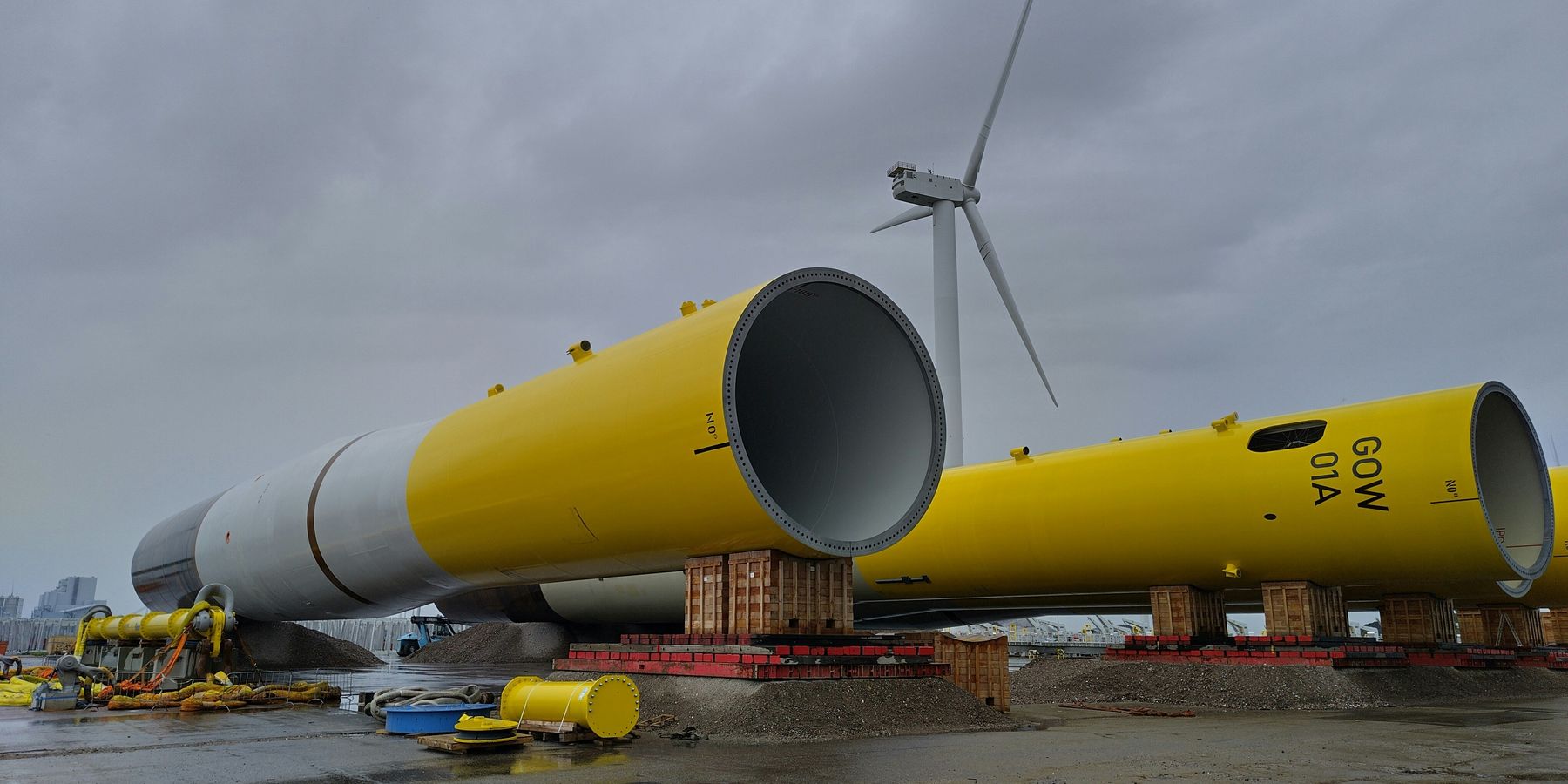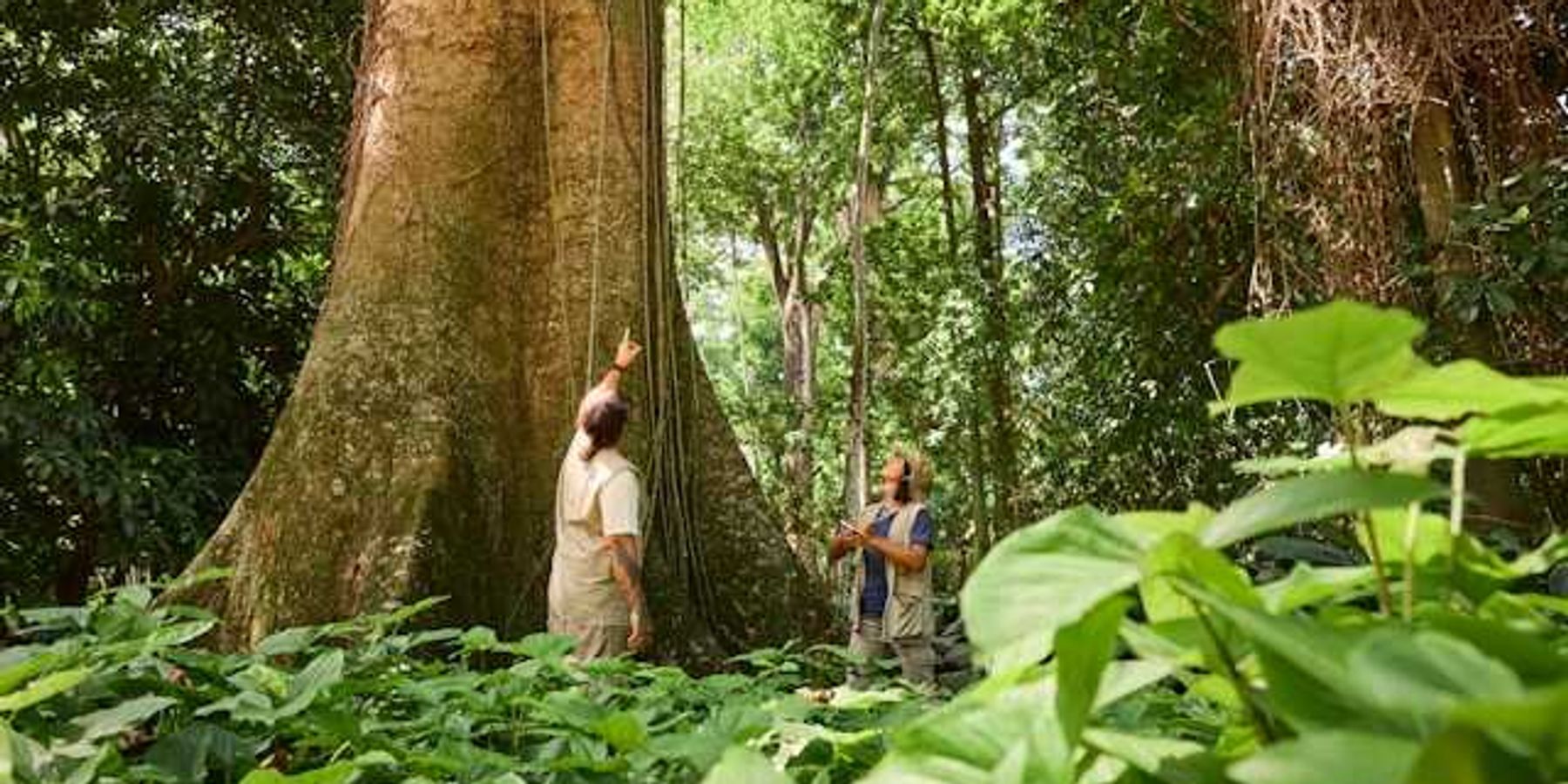wood pellets
Economic and environmental strain affects rural Mississippi amid renewable energy push
Economic challenges and environmental worries collide as Mississippi towns turn to the burgeoning wood pellet industry in a bid to revive local economies.
In short:
- Rural Mississippi towns are transitioning to wood pellet production as a new economic avenue following factory closures and job losses.
- The industry, while providing jobs and investments, faces criticism for environmental concerns and potential health impacts on local communities.
- Local economies benefit financially from the plants, but residents raise serious concerns about air quality and the long-term environmental damage.
Key quote:
"We have become a sacrifice zone, and we feel like you don't care about us as people. You are willing to pollute our community and extract our natural resources for your own economic gain."
— Krystal Martin, Gloster native and activist
Why this matters:
Wood pellet facilities emit pollutants such as particulate matter, volatile organic compounds, and nitrogen oxides, which can degrade air quality and pose health risks to nearby residents. Concerns about respiratory issues and exacerbation of conditions like asthma are particularly salient in communities near these facilities.
Amid losses, wood pellet company Enviva at risk of default
Enviro groups say Enviva's Georgia pellet plant 'blowing past' pollution limits
A southern Georgia facility considered the world’s largest producer of wood pellets used for fuel ― a process the company claims to be “carbon neutral” ― is releasing as much as three times the allowable amount of hazardous pollution into the air, environmental groups say.
Enviva, the world’s largest biomass energy company, is near collapse
A Mississippi community takes on a U.K. energy giant over pollution concerns
Drax Group has been the subject of yearslong efforts by local residents, environmentalists and state regulators to rein in emissions from its Gloster wood pellet plant. Some are running out of patience, reports Nidhi Sharma for NBC News.
In a nutshell:
Residents of Gloster, a majority-Black community in southwest Mississippi, are engaged in an ongoing battle against Drax Group, a U.K.-based energy company operating a wood pellet production plant in the town. The residents' concerns revolve around deteriorating air quality and health issues, prompting demands for action. Drax's facility is part of the wood pellet manufacturing hub in the South, which supplies biomass fuels to European countries, even as the biomass industry faces increasing scrutiny for its potential contribution to carbon emissions.
Key quotes:
“They claim to be the good guys, but the industry is one of the most polluting and most damaging to the environment and to communities,” Robert Musil, president and CEO of the Rachel Carson Council said.
The big picture:
Wood pellet production can result in adverse health impacts by emitting hazardous air pollutants and volatile organic compounds during the manufacturing process. These pollutants, which include chemicals with carcinogenic properties and those that can damage vital organs, can be inhaled by those living in nearby communities, leading to respiratory problems, cardiovascular issues, and other adverse health effects.
Read the article at NBC News.
In 2020, Danielle Purifoy wrote that the expanding wood pellet market in the Southeast has fallen short of climate and job goals—instead bringing air pollution, noise and reduced biodiversity in majority Black communities.
Demonstrators gather outside Enviva's Raleigh office to protest wood pellet industry
Crowned with colorful hats, their aprons studded with protest buttons, a half dozen members of the Raging Grannies charmed their way past security — “we’re just going to our cars” — and took an elevator to Suite 1020 of the Bank of America building in midtown Raleigh.









